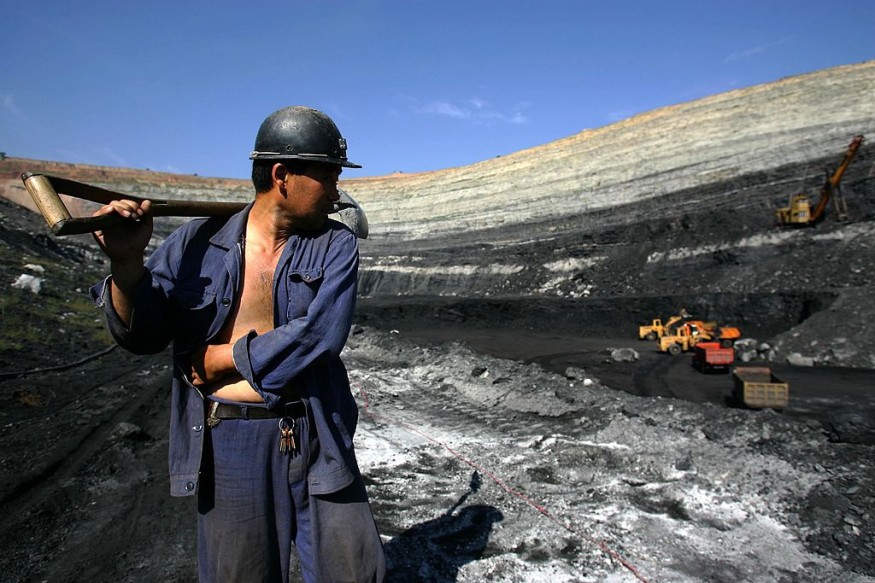More than a dozen regions and state-owned energy companies in China are ordered "to do whatever it takes" to impose curbs on energy usage and secure fuel supplies, posing pressure and knock-on effects for already struggling UK energy suppliers.
Vice-premier, Han Zheng of China demands energy companies to carry enough fuel to keep the country running as Beijing faces power crisis threat in the winter, the second-biggest economy that grapples with power cuts.

UK's energy system had been plunged into severe strain recently due to spike in gas prices, and more than quadrupled over the last year to highs of 180 pence per therm, from around 40p/th this time last year.
UK's lack of planning and vulnerability sparks fear that a wave of energy suppliers will collapse, saddling households with unaffordable bills as colder weather draws in.
Factors causing China's energy crisis
China has been struck by widespread power cuts that have closed or partly shut factories, hitting production and global supply chains. This crisis has been influenced by confluence of factors which includes rising overseas demand as economies reopen, record coal prices, state electricity price controls and tough emissions targets.
As a key driver of global market prices, the post-Covid economic ramp-up has also coincided with the sudden demand across Asia. Prices have risen more than fivefold over the past 12 months in Europe and Asia, a "perfect storm in global natural gas markets", said Toby Whittington, lead energy economist at Oxford economics.
Energy supply companies preparing for further price increases include Gazprom, a Russian state-owned gas producer, US liquified natural gas (LNG) suppliers, which also face rising demand as winter approaches in the northern hemisphere, and Britain's large gas resources in the North Sea, but has since become dependent when most of their storage facilities were decommissioned on a steady stream of ships from the Middle East carrying LNG.
The northern hemisphere winter is coming
This condition could mean "longstanding supply issues, depleted inventories, surging demand, and prices are likely to remain elevated until spring 2022," Whittington said.
In addition, coal reliance has been reduced since 2017, "bringing down the proportion used to generate electricity from more than 80% to just over 50%."
"Coal supply will improve as Beijing has restarted several mines, but reserves will take time to ramp up, and consequently, the market will remain tight this winter," he said.
Official data published on Thursday showed China's factory activity and employment had shrunk in September and for the first time since the Covid-19 pandemic.
Han who supervises the nation's energy sector and industrial production raised concerns that already high commodity prices could soar even higher, thus the demand for energy companies to secure supplies.
The order "to me implies that we are in no way on the verge of a cool-off. Rather it looks like it is going to get even more crazy," said Bjarne Schieldrop, an analyst at SEB.
Even factories and supply chains such as Apple and carmaker Tesla were affected and told to halt production.
© 2025 NatureWorldNews.com All rights reserved. Do not reproduce without permission.





